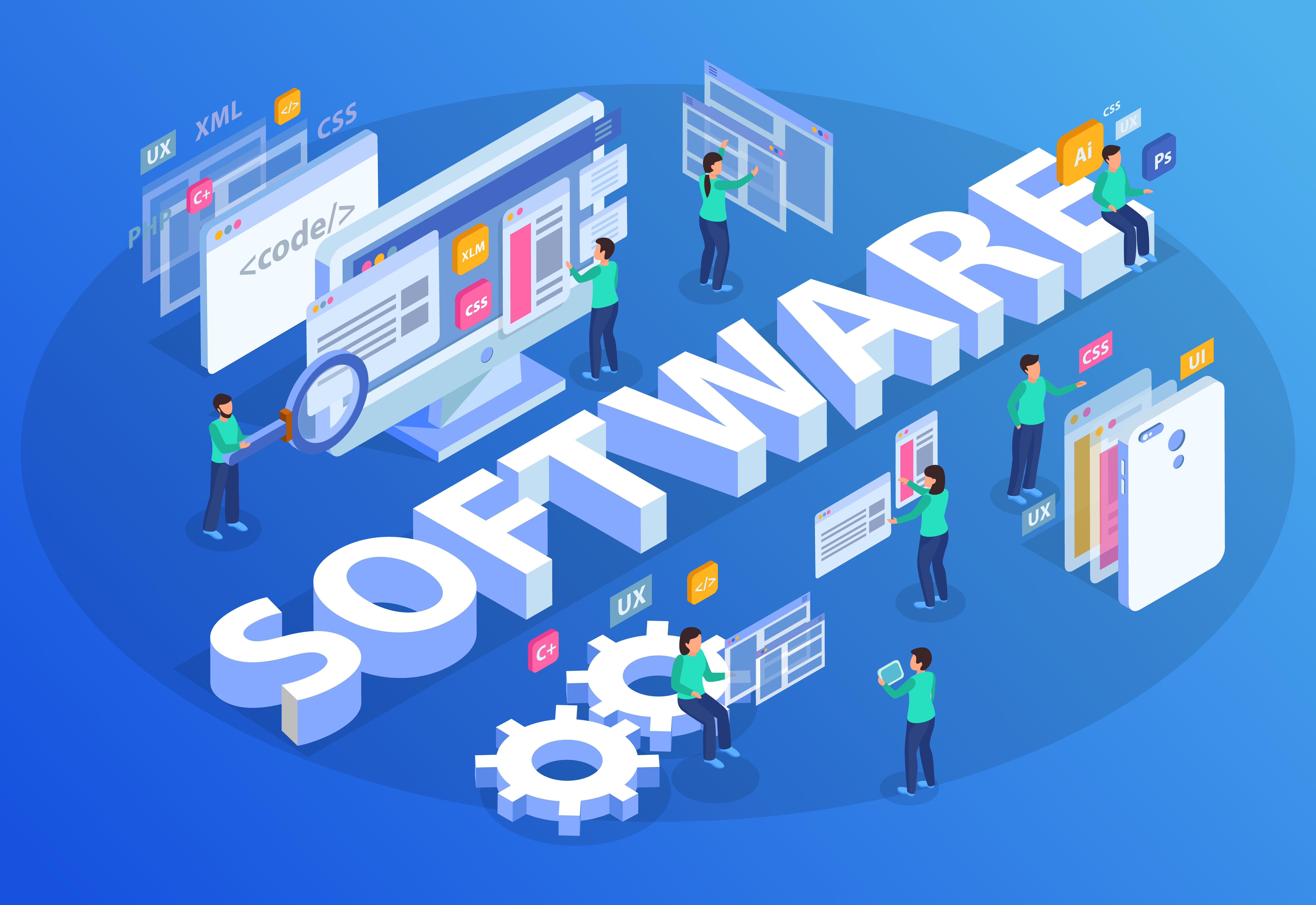In today's fast-paced business environment, the demand for advanced technological solutions is higher than ever. Enterprise software companies in the US play a crucial role in this landscape, offering innovative solutions that help businesses manage their operations more effectively. Whether you’re looking for ERP software companies or general software companies, understanding the landscape can help you make informed decisions for your organization.
The Role of ERP Software Companies
Enterprise Resource Planning (ERP) software is at the heart of many modern businesses. ERP software companies specialize in developing solutions that integrate various business processes, including finance, human resources, and supply chain management, into a unified system. This integration helps streamline operations, reduce costs, and enhance overall efficiency.
ERP software companies are known for their ability to provide customized solutions that cater to different industries. Their offerings often include modules for financial management, inventory control, and customer relationship management (CRM). The primary goal is to ensure that all departments within a company are working with the same set of data, which leads to better decision-making and improved productivity.
The Broader Spectrum of Software Companies
While ERP software companies focus specifically on enterprise resource planning, the broader category of software companies encompasses a wide range of services and solutions. From business intelligence and data analytics to customer service and project management, software companies develop tools that cater to various aspects of business operations.
Software companies often offer specialized solutions designed to address specific needs within different industries. For instance, some might focus on developing software for healthcare providers, while others may create tools for financial institutions or retail businesses. This specialization allows businesses to select software that aligns closely with their operational needs and industry requirements.
Choosing the Right Software Company
Selecting the right software company for your business involves evaluating several factors. Here are some key considerations:
1. Expertise and Experience: Look for companies with a proven track record in developing solutions similar to what you need. Experience in your industry can be a significant advantage.
2. Customization and Flexibility: Ensure that the software can be tailored to fit your specific business processes and requirements. Flexibility is crucial for adapting to changing business needs.
3. Support and Maintenance: Choose a company that offers robust support and maintenance services. Effective support ensures that any issues are promptly addressed and that the software remains up-to-date with the latest features and security patches.
4. Cost and ROI: Consider the overall cost of the software, including licensing, implementation, and ongoing maintenance. Evaluate the return on investment (ROI) to ensure that the benefits outweigh the costs.
The Future of Enterprise Software
The landscape of enterprise software is constantly evolving, with advancements in technology driving new innovations. Emerging trends such as artificial intelligence (AI), machine learning, and cloud computing are transforming how businesses use software to achieve their goals.
ERP software companies and other software companies are at the forefront of these changes, developing solutions that leverage these technologies to provide even greater benefits. As businesses continue to seek ways to improve efficiency and gain a competitive edge, the role of enterprise software companies will only become more critical.
In conclusion, whether you're interested in ERP software companies or exploring the broader spectrum of software solutions, understanding the capabilities and offerings of various software companies can help you make strategic decisions for your organization. With the right tools and support, businesses can enhance their operations and drive success in an increasingly competitive market.

